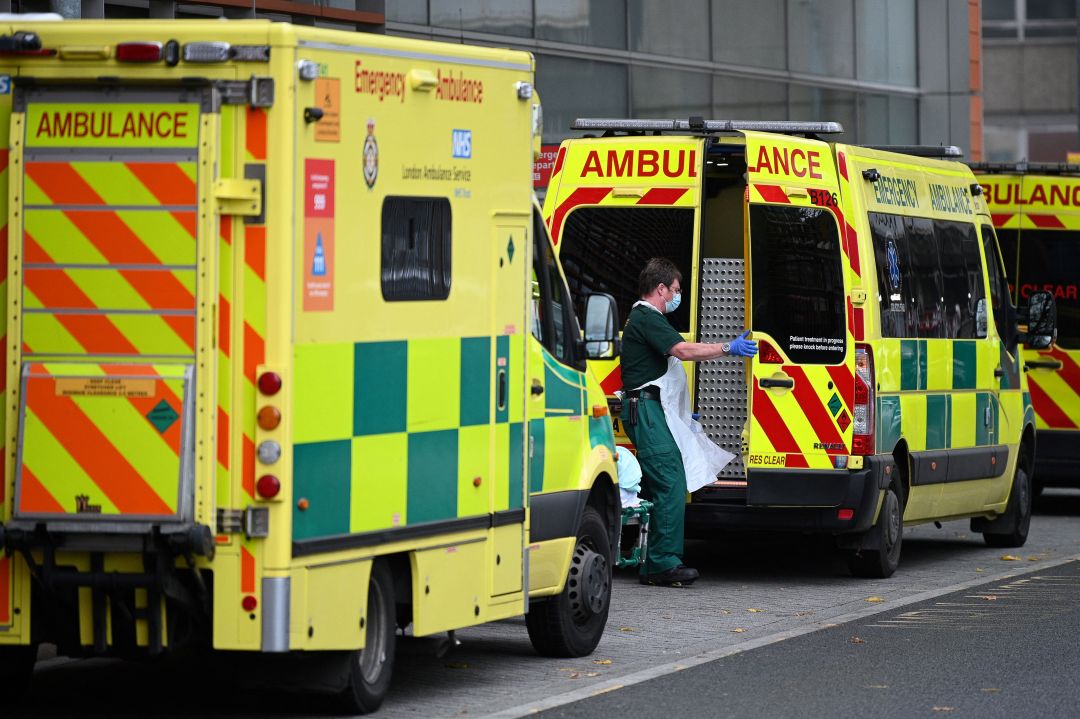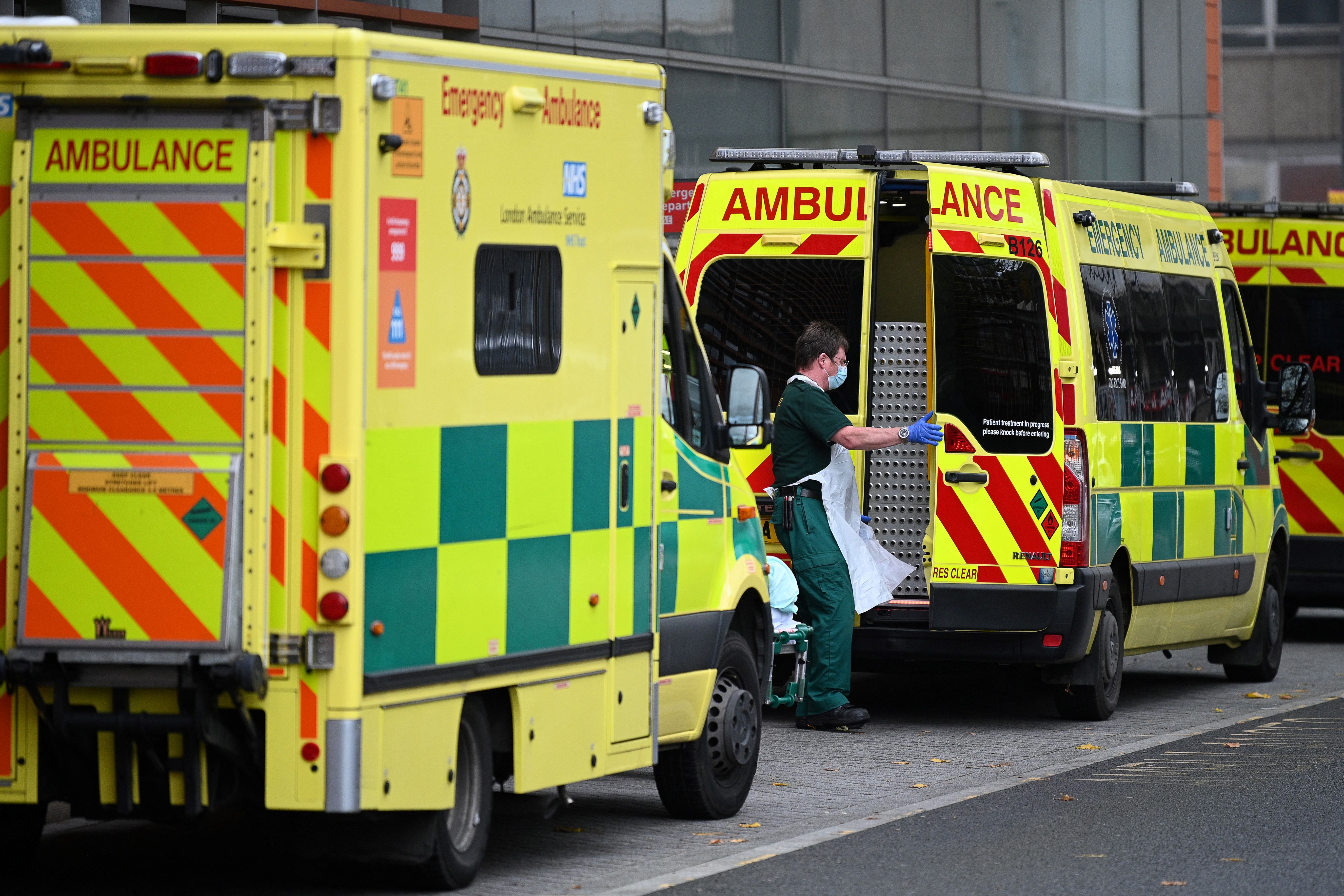There were two takeaways from last night’s press conference: firstly, the hard data showing that the number of recorded cases of Covid had surged by 19,000 – or 28 per cent – in a single day. Second was the assertion that, as a result, the NHS is in danger of being overwhelmed. What was lacking was the hard data on hospitalisations and the number of people in hospital. Although you would never have guessed from the tone of the conference, these both fell. The number of people admitted to hospital – a figure which runs a few days in arrears owing to a delay in the four constituent nations of the UK collating their data – fell from 800 to 774, the lowest figure recorded in a week. The number of people in hospital – which is for 14 December – also fell slightly, from 7,687 to 7,673.
It is true, of course, that there is always likely to be a lag between new cases and hospitalisations. Deaths are inevitably going to lag even further behind. Yet Omicron has been with us for nearly three weeks now. We are told that cases are doubling every two days or so. Surely, if it really is going to threaten the NHS, we ought by now to be seeing an uptick in hospitalisations. But where is it? The number of hospitalisations has hovered at between 800 and 1,000 every day, where it’s been since July. There are slightly fewer people in hospital with Covid now than there were a month ago.
‘Surely, if it really is going to threaten the NHS, we ought by now to be seeing an uptick in hospitalisations. But where is it?’
So again, it raises the question: is Omicron a milder disease? There has been some reasonable evidence of this from South Africa, where Omicron has been established for longer and where it is already the dominant strain. Yet the closest yesterday’s press conference came to addressing this was when Professor Chris Whitty said the number of hospitalisations will increase even if the percentage of cases resulting in hospital admission is lower for Omicron than it is for Delta.
But, if Omicron displaces Delta, that may not necessarily be true. If Omicron turns out to have a far lower hospitalisation rate than Delta (and on Tuesday, the government said there were only ten patients in hospital with the new strain) then the overall number of people hospitalised with Covid could fall even if the greater infectiousness of Omicron leads to a surge in overall Covid cases.
Whitty, however, implanted a new idea in our heads: that Omicron is running almost as a parallel epidemic – that Delta is not going away, that Omicron is ‘building on’ it. But this is not what appears to have happened in South Africa, where the data presented by Discovery Heath and the South African Medical Research Council on Tuesday clearly shows Omicron displacing Delta in that country – to the point that Delta is now an endangered species. There is no parallel epidemic going on there.
The situation may change over the next few days and Whitty may well turn out to be right, but for the moment there is little sign of a bulge in hospitalisations – and every reason, from the South African experience, to hope that the outcome will not be nearly as gloomy as last night’s press conference would suggest.








Comments